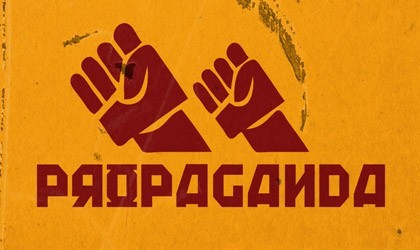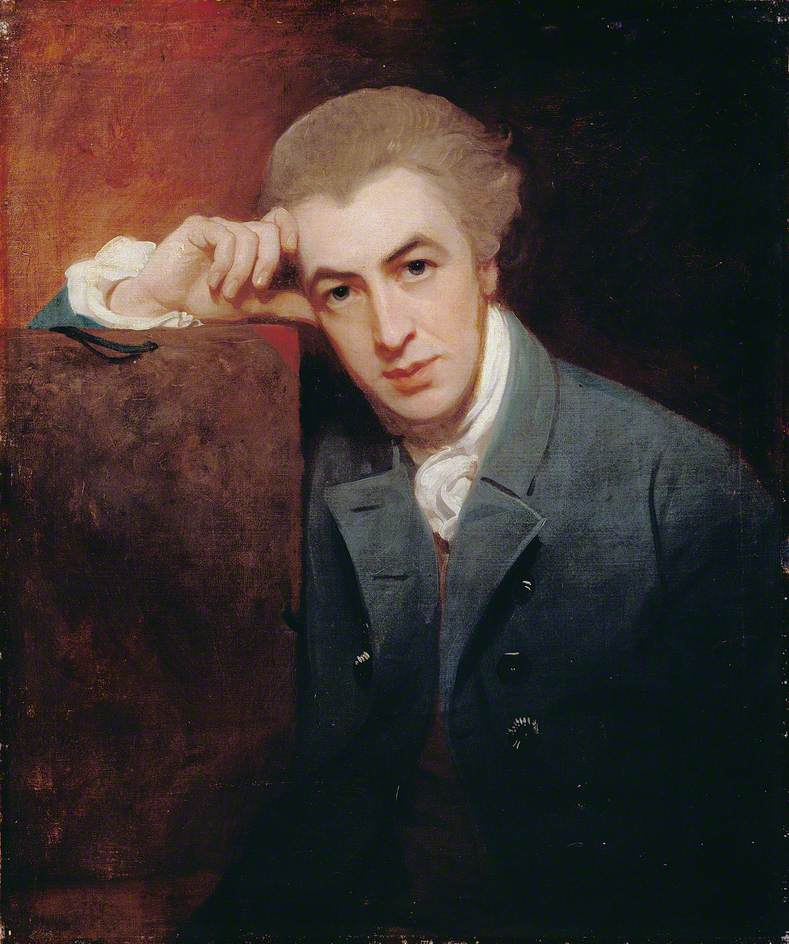Overall, I decided, I'm aiming for engaged, amused and informed.
Then marketing specialist and data modeller Dr Stephan Ludwig suggested that what I'm really going for is narrative transportation, and suggested I read The Extended Transportation-Imagery Model: A Meta-Analysis of the Antecedents and Consequences of Consumers' Narrative Transportation*.
Marketing and literary theory
Narrative transportation is a concept adopted from literary theory by academics exploring marketing techniques and developing theories and frameworks to underpin business practice. It describes what happens to readers – or "consumers", who interpret stories, where interpretation "constitutes an act of consumption through which a story is converted into a narrative." (p799). In other words, the story is what the author creates, the narrative is what the consumer/reader interprets the story into.For the marketers, it's about how you use story to induce changes in consumers' feelings, thoughts and beliefs so they buy your product. As the authors of the above essay write: "Given the implications of stories for the narrative persuasion of consumers, nothing is less innocent than a story." (p798). In fact it's surprising that the word "propaganda" fails to appear anywhere in their paper…
That's a digression that I may follow at a later date (in the meantime, Eliane Glaser's Guardian article "The west's hidden propaganda machine" is worth a read). For, now, I want to concentrate on the aspects of Stephan's analysis and the paper that helped me think about how I can make HayleyWorld good enough to enable readers to achieve narrative transportation.
Encourage/manipulate readers to suspend disbelief
Hayley's story (/stories) needs to be structured, written, edited and delivered in ways that are seamless and persuasive enough influence my readers' feelings, thoughts and beliefs. And to make them want to be influenced. For that to happen, I need to create, edit and deliver the content in ways that spark both their empathy and their imaginations (p799).In Winning Minds: secrets from the language of leadership, speechwriter Simon Lancaster lays bare the techniques that people devising and delivering persuasive communications use to help/manipulate their audiences to achieve this. The word "minds" in the title doesn't refer only to the plurality of audiences. It also relates to what he defines as our "instinctive", "emotional" and "logical" minds. At each level, we respond better to particular approaches than to others: some metaphors, for instance – those invoking nature, family and journeys – tend to resonate more positively than others invoking, say, war, cars or computers. Repetition helps, rhythm and rhyme impact, as do flattery, humour and alliteration.
Walking the walk
Now it's time for me to put all this into practice. Which means it's likely my next few blog posts will focus on what I'm writing about, rather than about how I'm doing it…* In the Journal of Consumer Research, Vol. 40, No. 5 (February 2014), pp. 797-817, published by the University of Chicago Press



